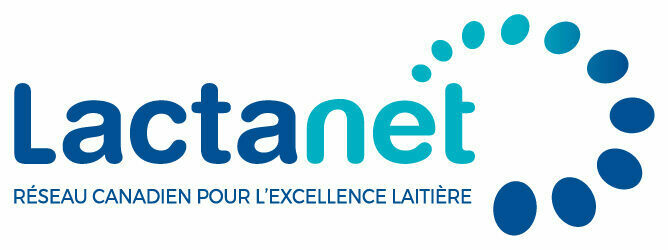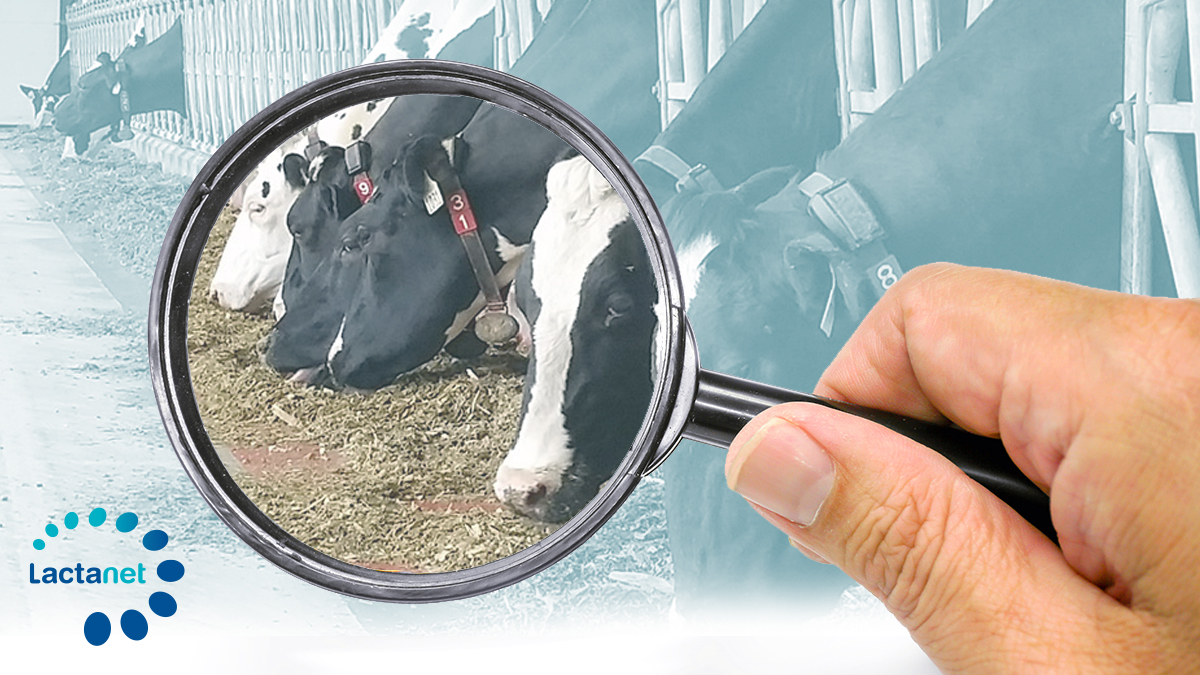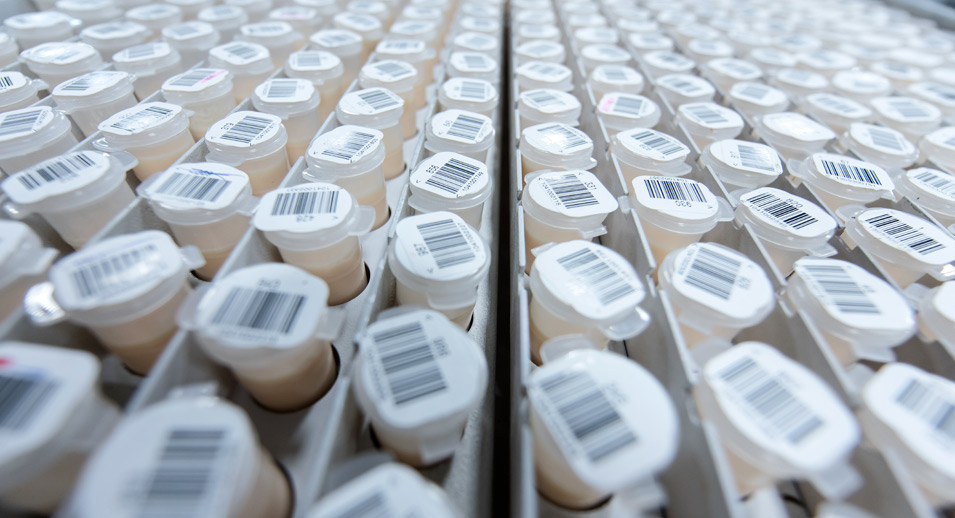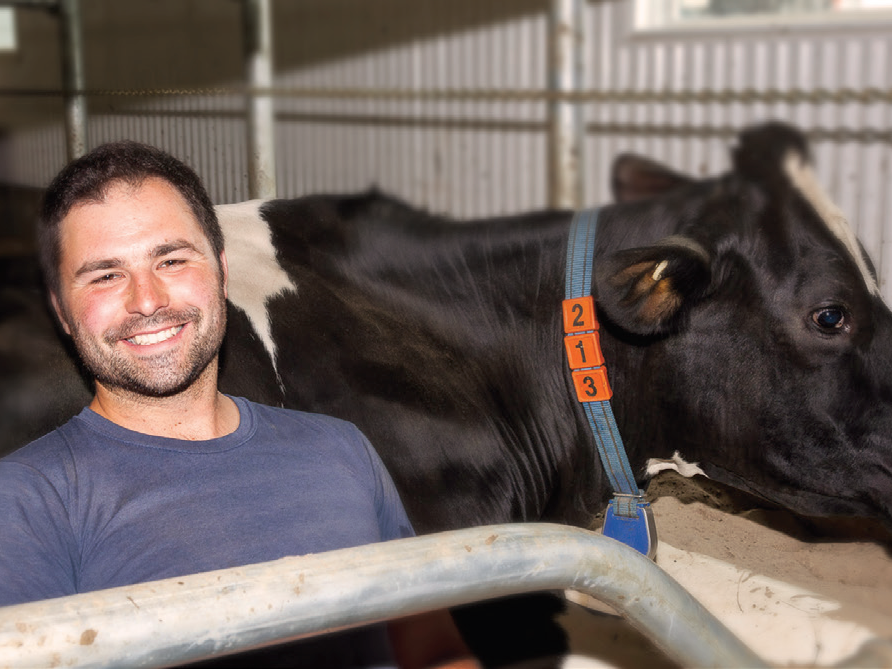Are we aware of the power of data and digital technology?
- December 7, 2020

New data is constantly available, offering an increased added-value potential to help producers better manage their farms and production processes. The fatty acid profile, recently made available to producers every other day through the collaborative effort of Les Producteurs de lait du Québec and Lactanet, is a striking example of how combining two sources of data can benefit producers.
Transferring and exploiting data does raise some important concerns, however, in terms of governance and ownership, security, and managing consent for data use. Recent cases of fraudulent use of social media data and outright data theft in the financial sector have increased our awareness of the issues at stake. Despite these challenges, exploiting data from dairy farms is crucial to enhancing the competitiveness and growth of the dairy sector and improving farm profitability. Hence the importance of a legal and governance framework to ensure that the data is being used to the benefit of producers and not at their expense.
Constructive collaboration
More than a year has gone by since publishing our Dairy farms in the big data era: A world of opportunities and challenges article in April of 2019. Since then, the 13 organizations comprising Lactanet’s Strategic Committee for the transition to digital technology have been exploring various aspects of sharing and managing data, with the support of an interuniversity centre for research in organizational analysis known as CIRANO. The results of two workshops and two online surveys highlighted the concerns and obstacles associated with data use, the impact of digital technologies on Quebec farms, and the potential economic benefits for the dairy sector to pool this data in a secure and confidential manner.
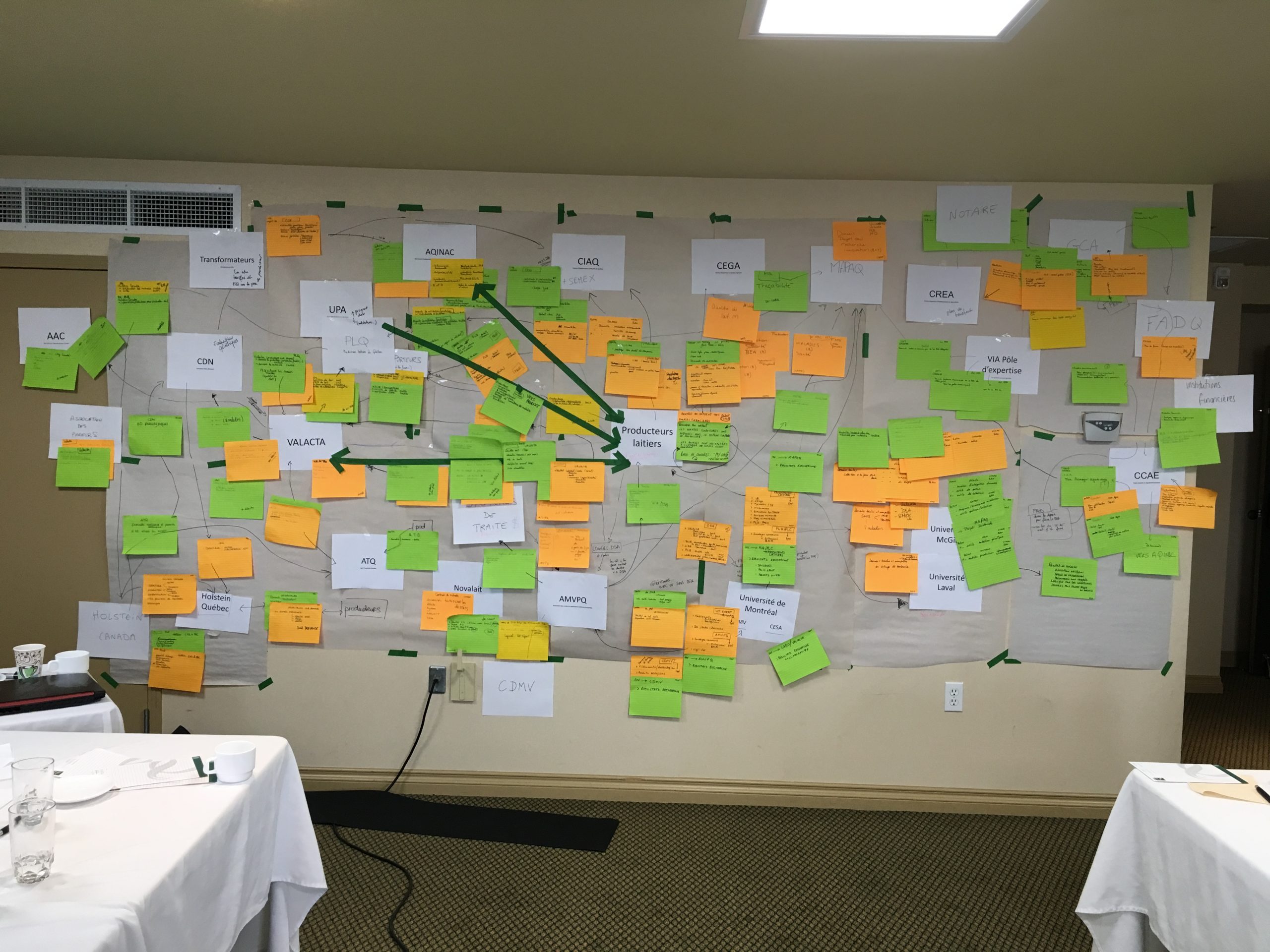
Excellent cooperation among members enabled the Committee to depict the data flow within the Quebec dairy sector in all its complexity!
CIRANO also produced a comprehensive study report, affirming that the use of digital technology and big data could significantly benefit not only dairy producers, but also industry stakeholders, research and even consumers. The report also emphasizes, however, that the development and use of new digital technologies must be supervised and structured, even regulated. The study also raised some more down-to-earth but equally important issues, such as access to technology and software updates and maintenance.
Do producers recognize the importance of their data?
Barbara Paquet, co-owner of Ferme Roquet inc. and chair of the Strategic Committee for the transition to digital technology, responds:
“Generally speaking, I don’t think producers are very aware of the amount of data they produce or how it is used. Because time is a precious resource, we tend to focus on using the same data repetitively even though we have access to so much more information.
Take milk recording, for example. If production has now reached record highs, it is because of the vast supply of data that was pooled and exploited. Every record compiled for mastitis, hoof health, or production is transformed and returned to us in a format that allows us to improve. But it has to remain simple.
Taking part in the Committee has made me aware of how our data impacts and contributes to research, to developing tools and improving our production. Data quality is critical. Are we always aware of the ultimate purpose of our data and how it will be used? I don’t think so. We buy, we sign at the bottom of the form and then what? It is hard to set a specific value on data, but sometimes producers should ask more questions and sometimes even refuse to share their data. Although they trust their institutions, they should always make sure that their data is used appropriately.”
The strength of digital technology
In March 2020, we faced an unimaginable situation: a pandemic. Despite a significant slowdown, it was impressive to see how we adapted to comply with government guidelines. Data-generating samples and data continued to be collected, transferred and processed remotely. Our advisory service evolved into a virtual format, offered either by phone or by video, to maintain contact and support on-farm operations. Digitalization has played a major role in our collective capacity to adapt, and some new practices are undoubtedly here to stay. That is the true strength of digital technology!
To fuel the discussion further…
Beginning with the October 2020 issue, we will present a series of articles on digitalization to raise awareness among producers and their service providers on the importance of data. Topics addressed will include the findings of the CIRANO study on the challenges and complexity of data exchanges, data exploitation, digital exchange platforms, and the value of data for innovation, in addition to interviews with producers and industry stakeholders who have a passion for data.

